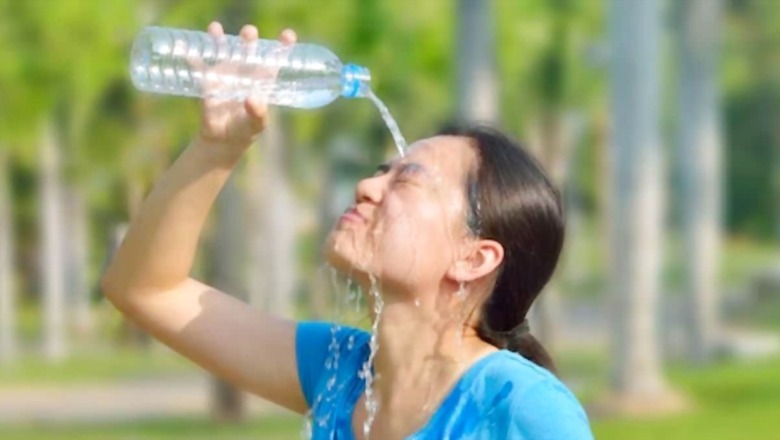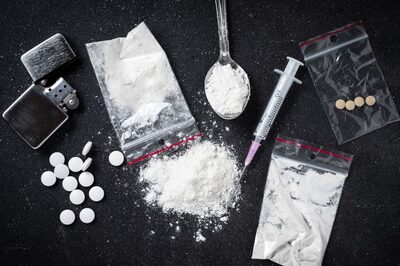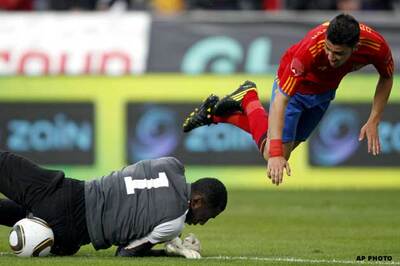
views
Why are children more at risk during heatwaves? Like, what happens to their bodies? With soaring temperatures that are expected to become worse, summer vacations will require more caution for children. Children are more at-risk during heatwaves as their body weight contains more percentage of water.
During heatwaves – Dehydration is quick to occur as the body loses more water than the intake. Since children’s sweat glands are not fully developed, this will lead to some trouble in regulating body temperature as compared to adults. Another reason for children being at more risk during heatwaves is their body size.
Children have higher surface area than body mass ratio. Hence are more prone to absorb heat resulting in overheating bodies. Children also have an increased rate of physical activity that may involve spending considerable time outdoors, exposing them to heat.
What are the ways in which parents are help them beat the heat – so that they do not suffer from dehydration?
- Continuous Hydration: Encourage drinking water frequently and carrying water bottles when visiting outdoors. Plenty of healthy Fluids can actively combat dehydration. Limit the intake of sugary and carbonated drinks that can dry out the body.
- Choosing Lighter Fabric:Fabrics like cotton and linen can help keep body temperature cooler. Opt for these natural and breathable fabrics for your children.
- Intake of Electrolytes:Oral Rehydration Solution can be provided to the child during or after an intense physical activity or outdoor session. These will help the body restore lost salts and minerals.
- Limited Exposure to Direct Sun: Encourage indoor activities during the hotter parts of the day. While outdoor activities opt for Hats, Caps, Umbrellas or other gear to minimize direct exposure.
- Seeking Medical attentionIn case of any symptoms like headache, respiratory issues, dizziness, reduced urination, etc – Reach out to a medical professional immediately. Further, educate children about such symptoms and teach them to share any experience of discomfort due to heat exposure.




















Comments
0 comment